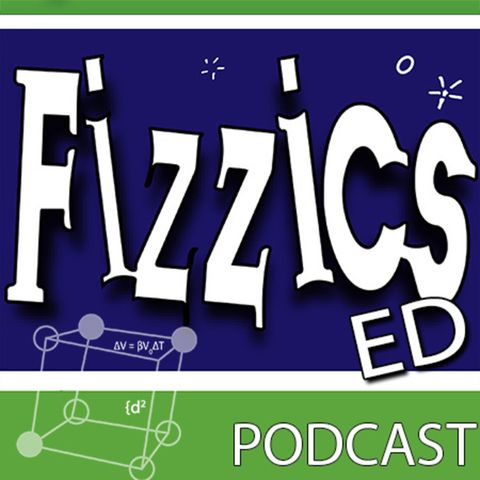Ep.6 National Indigenous Science Education Program (NISEP)

Download and listen anywhere
Download your favorite episodes and enjoy them, wherever you are! Sign up or log in now to access offline listening.
Description
Meet A/Prof Joanne Jamie and Dr Emma Barnes, two university biochemists from Macquarie University who have created the incredibly successful National Indigenous Science Education Program, an initiative designed to place...
show moreAbout Dr Emma Barnes Emma is a natural products chemist within the Indigenous Bioresources Research Group (IBRG) and the program manager for the National Indigenous Science Education Program (NISEP), both based at Macquarie University, Sydney. The IBRG works in collaboration with Indigenous groups to preserve traditional knowledge, investigate the bioactivity and chemical constituents of medicinal plants, and provide capability strengthening strategies for Indigenous communities. NISEP, meanwhile, places Indigenous secondary students in leadership roles so they gain the confidence, life skills and aspirations to finish school and consider pathways to both higher education and STEM based careers. In particular NISEP works with youth from low socioeconomic and rural/regional areas. Being from a rural area herself and having had to move from home to complete a PhD at Griffith University, Brisbane, and a postdoctoral position in Jena, Germany, Emma is passionate about encouraging rural kids to have the confidence to pursue education and positive employment pathways that allow them to do the things they love.
Top 3 learnings - Hasten slowly. Whilst it can be tempting to scale an education project quickly when you get a few wins, growing your project too fast too early can put a strain on your resources that could endanger the viability of a fledgling program. - Connect the dots! There are many interest groups in education and not all of them are in a school setting. By listening to community needs Joanne and Emma were able to setup an educational program that brought together Indigenous elders, University researchers, schools and other education partners into one collaborative effort that could help youth.
- Don’t underestimate your impact. During this interview Joanne recounted a story where she recognised one of her tertiary students as being one of the same students who had been through the NISEP program during high school.
Education tip of the week
So you want to teach your students how biologists classify organisms but you're a bit short of materials to use? Get creative! You don't have to have a bunch of museum quality plastomount specimens on hand to teach kids how to group things based on similarities. There are plenty of things you could use that still allow students to learn about how Linnaean taxonomy works, even if they have nothing to do with living things! Some ideas;
An assortment of old buttons
A pile of different cookies
A variety of Lego® pieces
Nuts, bolts & screws
A mixed pile of the above and more...
For more information check out the following link: http://www.fizzicseducation.com.au/Blog/x_post/How-to-teach-classification-with-simple-stuff-00128.html
Further contact details for NISEP Website: http://nisep.com.au/ Facebook: https://www.facebook.com/NISEP.MQ/
Contact Fizzics Education Web: http://www.fizzicseducation.com.au/ Phone: +612 9674 2191 STEM Teaching support resources NEW Primary STEM teaching book! http://www.fizzicseducation.com.au/be+amazing+book.html >100 Free Science Experiments http://www.fizzicseducation.com.au/Free+experiments.html >100 Free Science Ideas and Tips http://www.fizzicseducation.com.au/Blog.html Know an educator who'd love this episode? Share it! If something grabbed your attention in this STEM podcast please leave your thoughts below.
Information
| Author | Fizzics Education |
| Organization | Fizzics Education |
| Website | - |
| Tags |
Copyright 2024 - Spreaker Inc. an iHeartMedia Company
